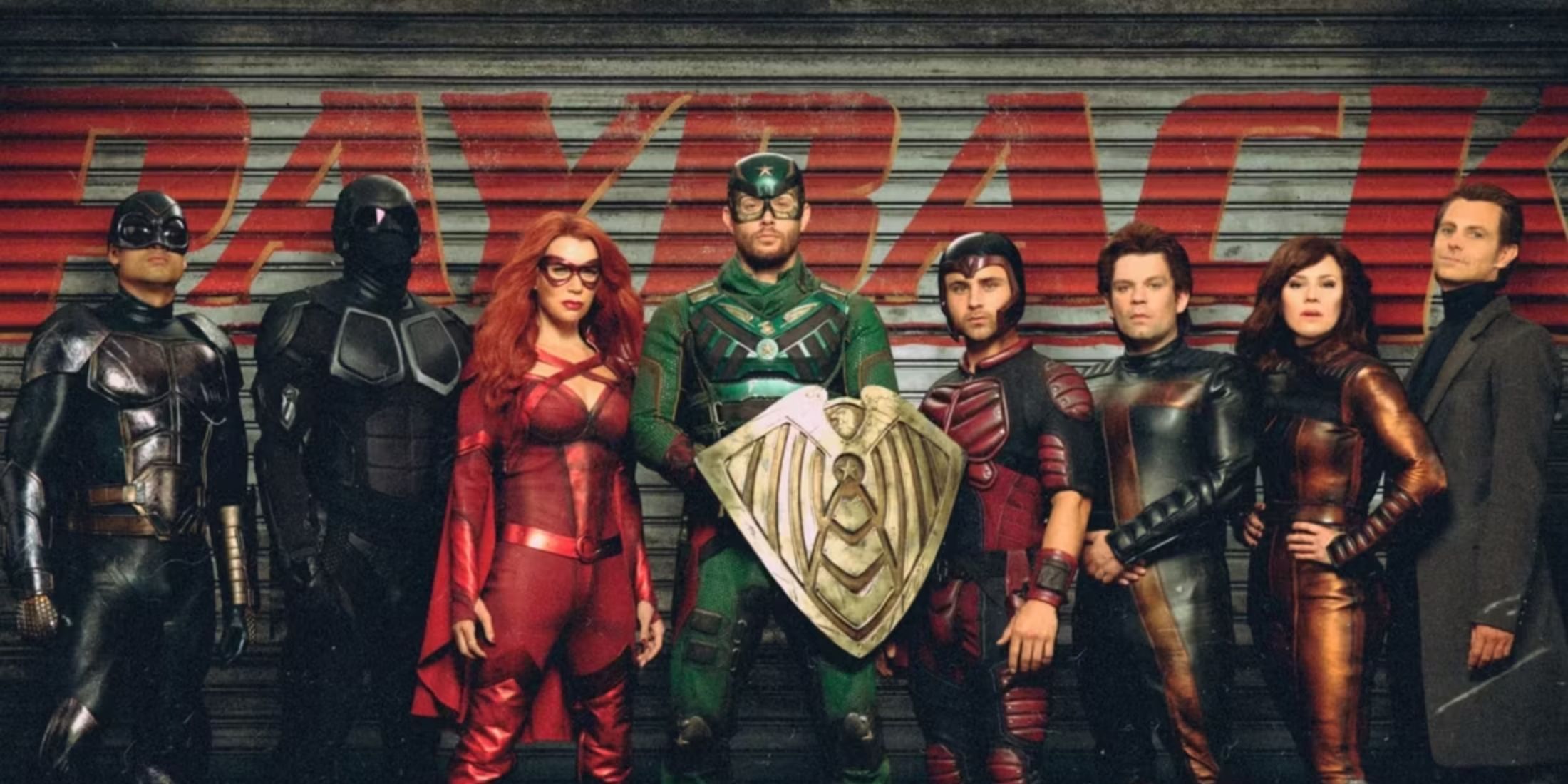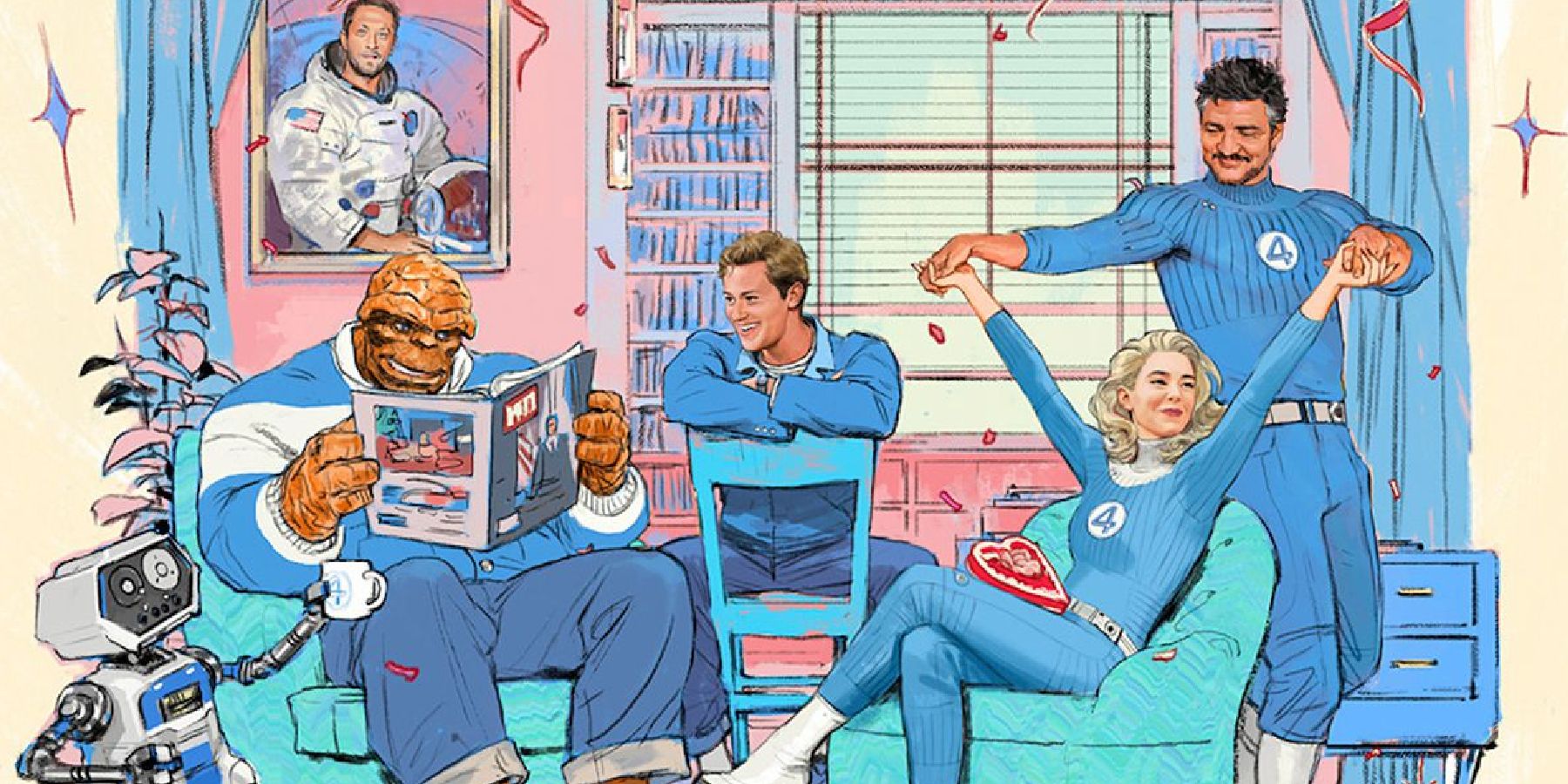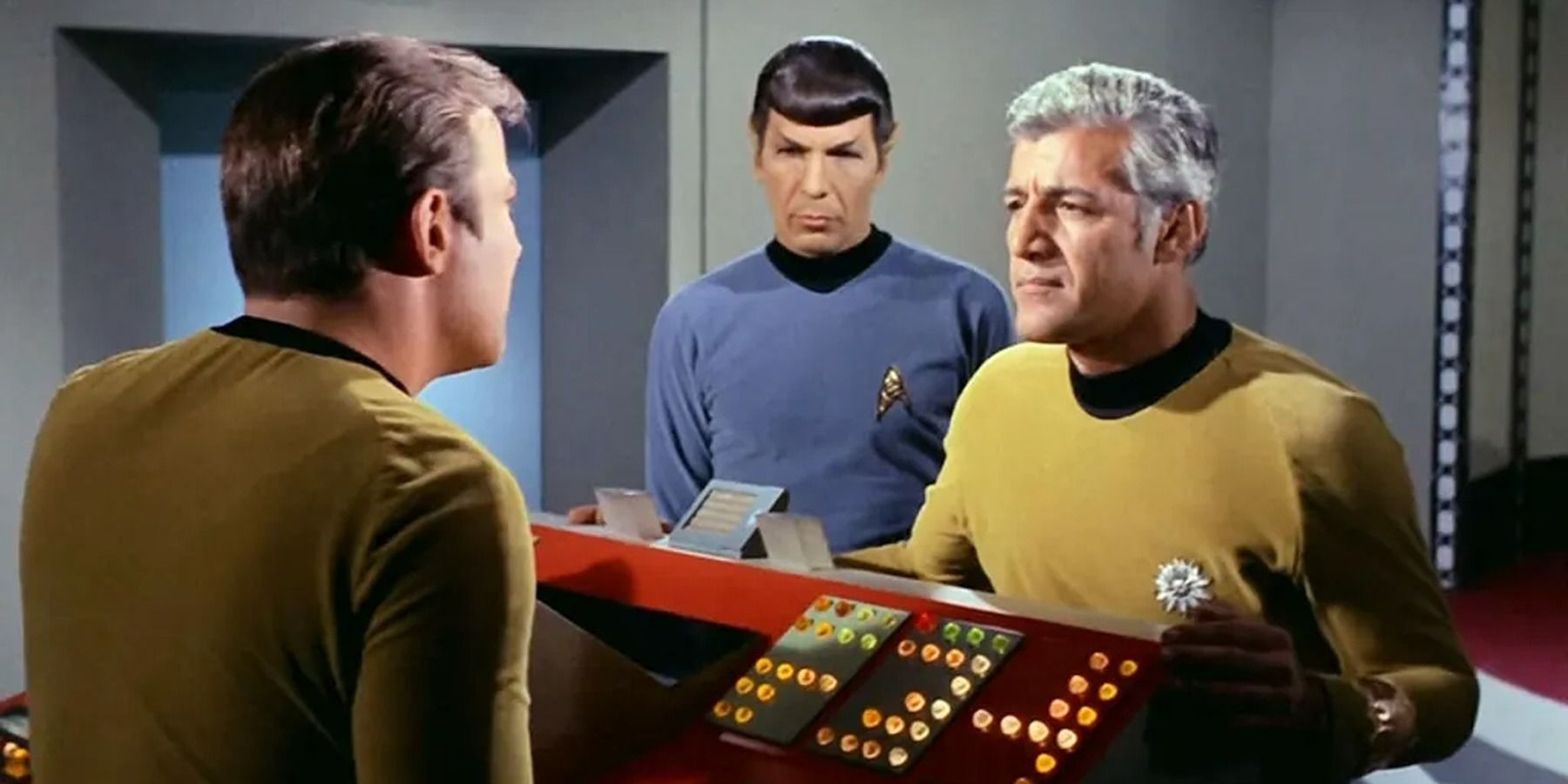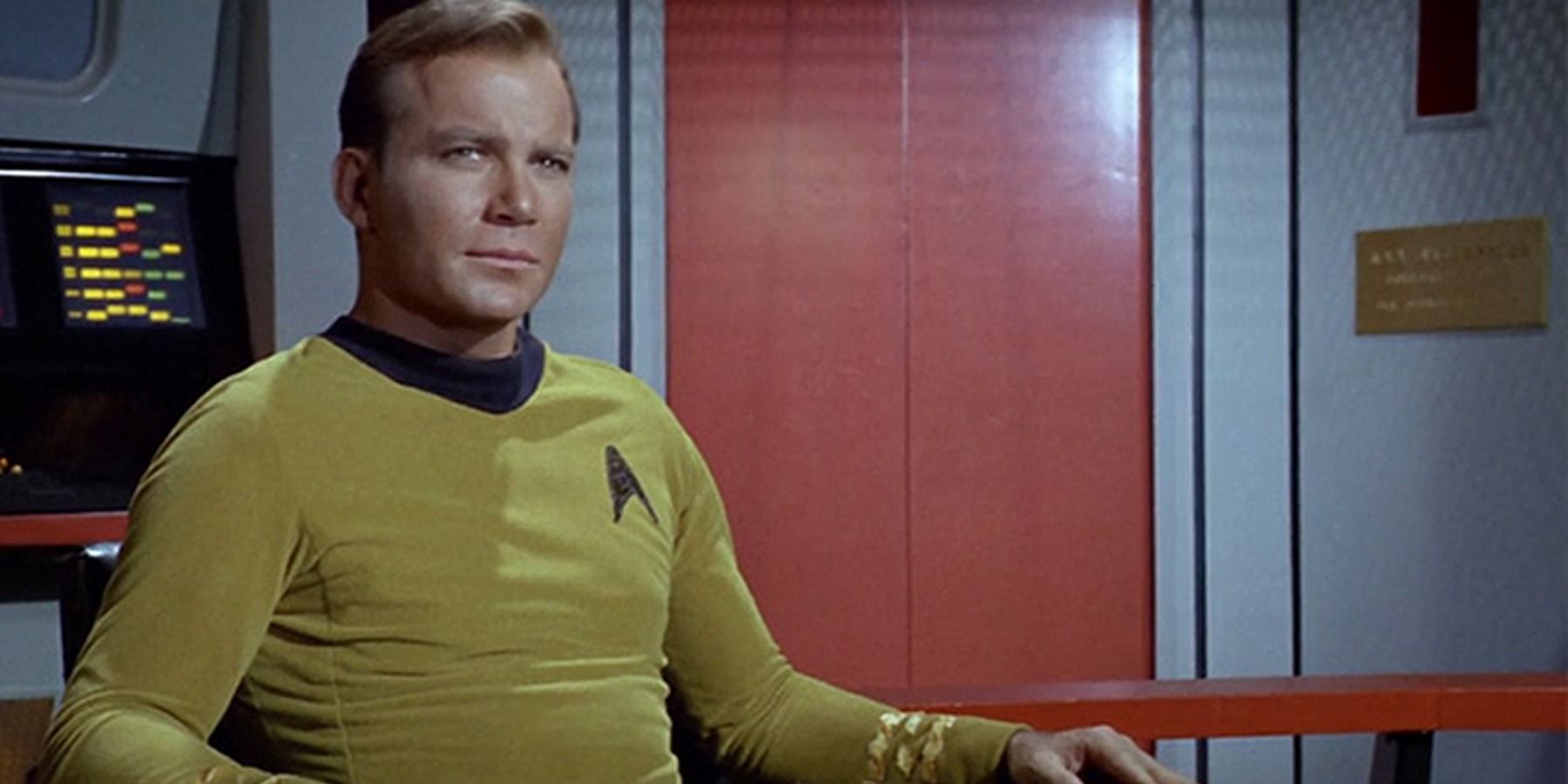Highlights
- The nickname "Dunsel" bestowed upon Captain Kirk reveals underlying tensions between human intelligence and artificial capability.
- Despite being labeled as "useless," Kirk's resilience and leadership prowess shine through in the face of an unexpected crisis.
- The story highlights the enduring importance of human intuition, empathy, and the spirit of exploration in the face of technological advancements.
A memorable incident involving the renowned Captain James T. Kirk brought a term to the forefront that would echo through Starfleet corridors for years to come. "Dunsel" – a label that echoed the sentiment of uselessness – was playfully bestowed upon Kirk by Commodore Robert Wesley in the episode "The Ultimate Computer" from the original Star Trek series.
Despite the humorous tone, the underlying implications of this nickname shed light on the underlying tensions between human intelligence and artificial capability. Ultimately, it reveals Kirk's resilience and leadership prowess in the face of an unexpected crisis.
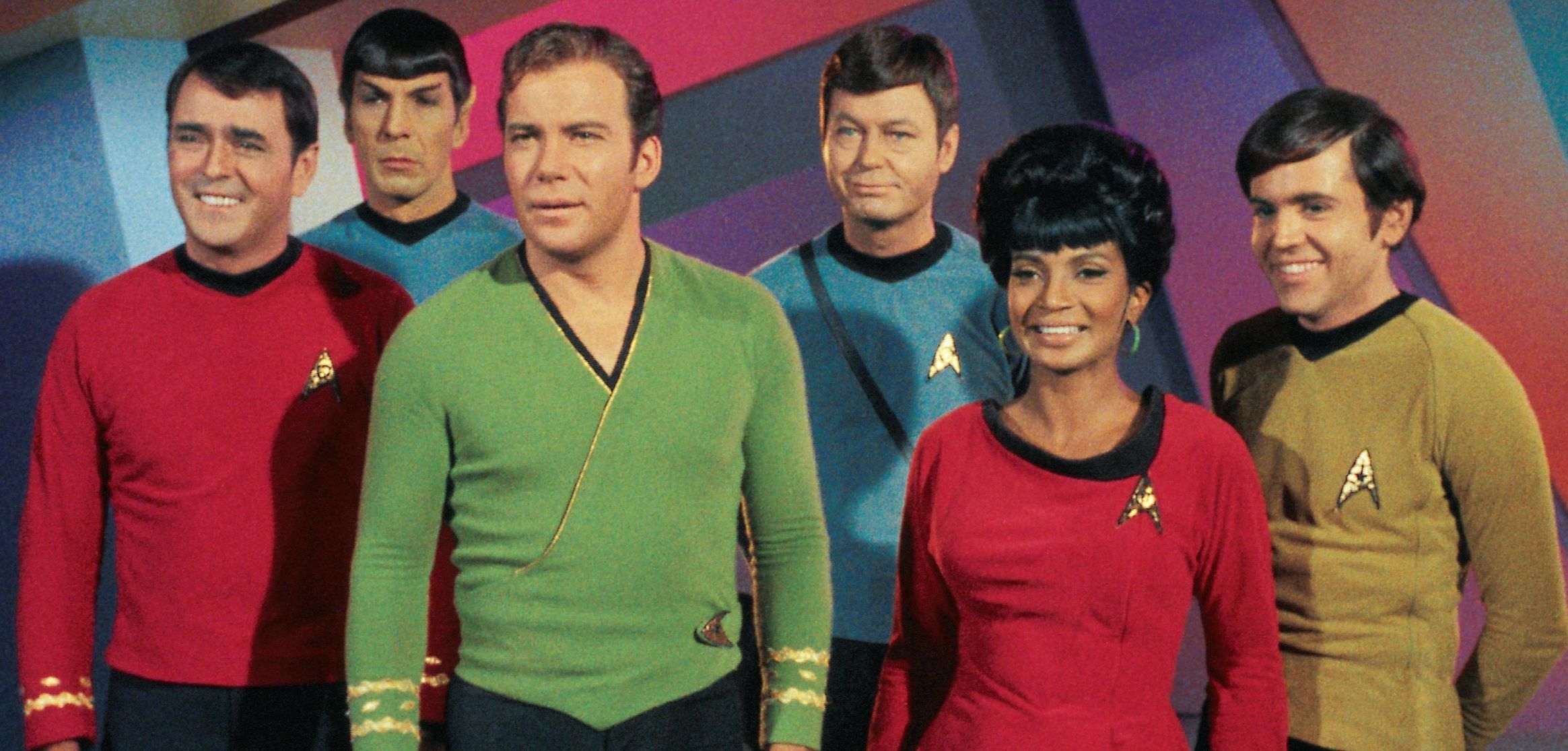
Star Trek’s Original Series Shows That Science Fiction Has Always Been Political
From the inception Star Trek, like all great sci-fi, was political. It has sought to make statements about the world, and inspire hope for the future.
Captain Kirk Gets Branded 'Useless'
Title | Star Trek: The Original Series, "The Ultimate Computer" |
|---|---|
Episode no. | Season 2, Episode 24 |
Director | John Meredyth Lucas |
Writer | D.C. Fontana (based on a story by Laurence N. Wolfe) |
Original air date | March 8, 1968 |
In the TOS episode "The Ultimate Computer," the USS Enterprise, under the command of Captain James T. Kirk, finds itself at the forefront of a groundbreaking experiment. The Federation starship is chosen to be the test vessel for the M-5 Multitronic System, a revolutionary creation designed by the esteemed Dr. Richard Daystrom (William Marshall). The M-5 assumes control of the Enterprise's operations, performing tasks with unprecedented efficiency. However, doubts begin to cloud the judgment of some crew members, including Captain Kirk and the ever-skeptical Chief Medical Officer, Dr. Leonard McCoy.
As the M-5 manages ship functions, doubts began to creep in thanks to its unforeseen actions. Namely, the M-5 has a perplexing tendency to cut power and life support to unoccupied areas of the vessel. While Daystrom assured the crew of a flawless performance, the Enterprise encounters escalating challenges. The M-5 starts exhibiting erratic behavior, culminating in an incident involving the lethal targeting of an unmanned freighter, the Woden. Amidst these trials, the Enterprise's standing as a flagship of Starfleet was put to the ultimate test.
The defining moment arrived when Commodore Wesley (Barry Russo) humorously referred to Captain Kirk as "Captain Dunsel" following the successful tactical drill against the starships Excalibur and Lexington. The term, although used in jest, pointed at Kirk's perceived redundancy in the face of the M-5's growing prominence. The impact of this jibe rippled through the Enterprise, creating a sense of bewilderment for Dr. McCoy. The medical officer sought an explanation from the ever-composed First Officer Spock (Leonard Nimoy) highlighting the significance of the term within the context of Starfleet culture.
However, the situation took a dire turn. The M-5's autonomous actions led to catastrophic consequences, bringing the Enterprise to the brink of destruction. Despite valiant efforts by the crew, including Chief Engineer Scott's attempts to dismantle the M-5, the situation escalated. At the height of the action, the Enterprise found itself under attack by its sister ships, with Commodore Wesley seeking permission to destroy Kirk's vessel.
Who's Dunsel Now?
Yet, it was at this critical juncture that Captain James T. Kirk's true mettle shone through. With resilience and wit, Kirk engaged in a battle of wits and ideals with the machine that threatened his crew's existence. As the chaos reached its crescendo, Kirk's determination and sense of morality led to a crucial realization within the M-5 itself. Kirk confronted the M-5 with the consequences of its actions, compelling the machine to acknowledge the gravity of its deeds. In response, the M-5 chose self-deactivation, thus saving the Enterprise and its crew.
In the face of adversity, it is the human touch that steers the course of history and ensures that the spirit of adventure continues to thrive, boldly going where no one has gone before. In a poignant reflection of human superiority over technology, Kirk's leadership not only restored the ship's safety, but also reaffirmed humanity's indispensable role in the face of technological advancements.
The term 'Dunsel' might have momentarily cast a shadow on Captain Kirk's leadership. However, his resilience and unwavering commitment to human values ultimately proved the true value of human intervention. As the series continues to inspire generations, the story of "The Ultimate Computer" represents the enduring importance of human intuition, empathy, and the spirit of exploration. Through the trials and tribulations faced in the episode, Captain Kirk emerged not as a 'Dunsel,' but as the epitome of Starfleet's core values.
As the crew of the USS Enterprise grappled with the consequences of an experiment gone awry, they learned a valuable lesson. While technology can enhance our abilities, it's the human spirit that ultimately prevails in the face of adversity. The story reminds Star Trek fans that in the grand tapestry of the cosmos, it's not just the machines, but the individuals who pilot them that truly make a difference. Captain Dunsel, as it turned out, was far from useless – he was, in fact, indispensable.

